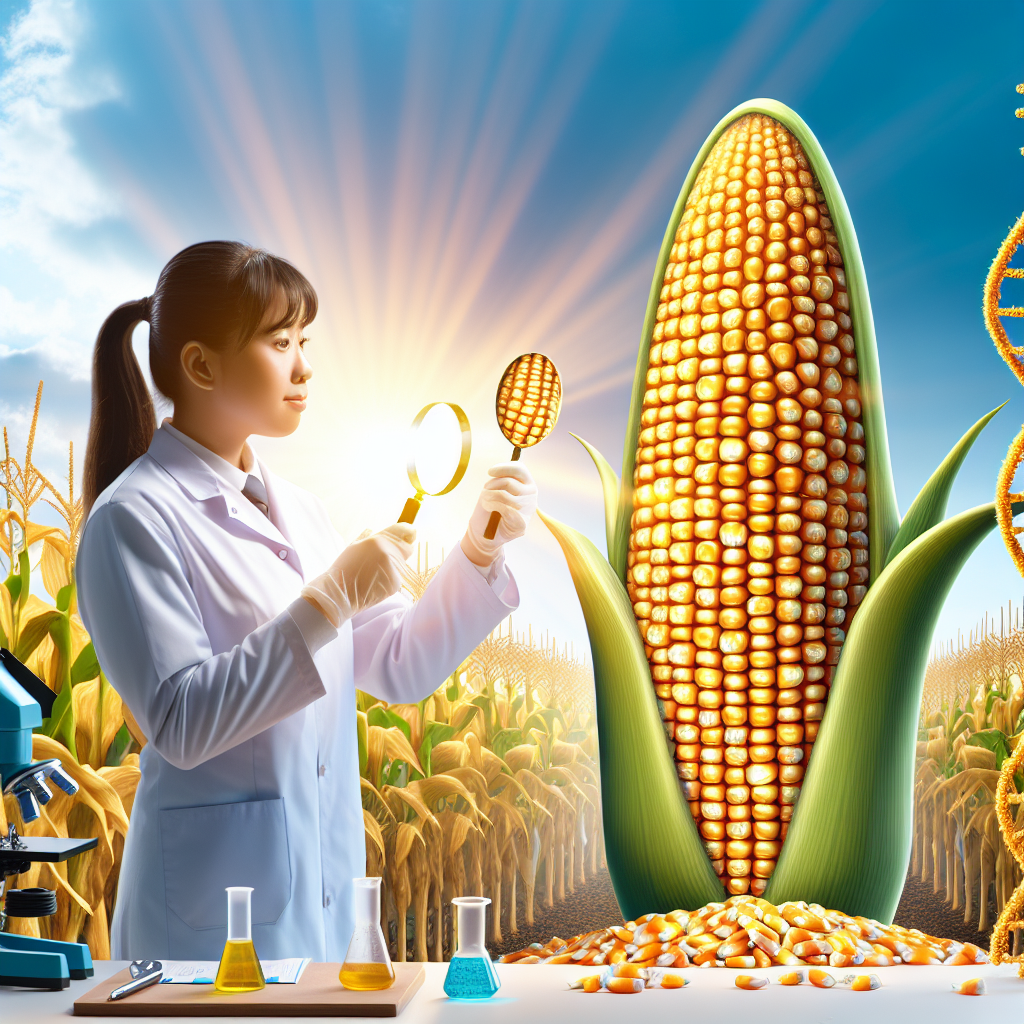Can GM Crops Revolutionize Modern Agriculture?
Genetically modified (GM) crops are touted as a potential solution for agricultural challenges, but their efficacy varies between different crops and traits. Experts underscore the importance of customizing solutions based on crop complexity and regional needs, while advocating for openness to various agricultural technologies.

- Country:
- India
At a recent World Food Prize Foundation event, experts discussed the role of genetically modified (GM) crops in addressing agricultural challenges. While GM crops may not be a universal solution, they offer promise for certain crops and situations, according to the experts.
Nicole Barreca Prenger, Senior Director of Strategic Communications at the World Food Prize Foundation, echoed Nobel laureate Norman Borlaug's belief in exploring all possible solutions, emphasizing the urgency of adopting new agricultural technologies. She stated that while Borlaug's techniques were successful for decades, fresh approaches are essential today.
B M Prasanna, Managing Director of the Borlaug Institute for South Asia, noted that genetic modification works better in crops with simpler genomes, such as rice, whereas complex traits like drought tolerance in maize require more nuanced solutions. The experts agreed that a one-size-fits-all method is ineffective and stressed the need for tailored solutions.










